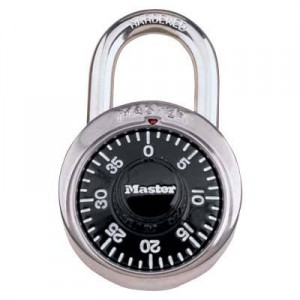Hackers are constantly creating headaches for webmasters. From government websites to small business sites, hackers spread their attacks far and wide. And if your website gets hacked, recovery can be a huge challenge.
The key is to do everything you can to prevent malicious attacks from ever happening. Some will say that hacking is just a part of being online, and that there’s nothing you can do to stop it. This is partially true as some hackers can crack even the most secure website, but that doesn’t mean you shouldn’t take the basic steps to protect your website as best as possible.
Here are some helpful tips for keeping your website safe.
- Choose a reliable hosting service—One of the reasons I recommend using a paid hosting service over a free service is that free hosts generally lack in the safety department. When you choose a reputable hosting service, your website is instantly a little more secure. Also, the best hosting services offer 24/7 technical support, so even if the worst happens and your website is compromised, you can get help immediately to correct the problem. Do some research to find the best web host for your needs.
- Use strong passwords—Weak passwords are often the culprit whenever a website is hacked. Your access password should be at least 8 characters in length, and it shouldn’t be something that’s easy to guess (hint: using “password” as your password isn’t clever). Try to use a mix of letters and numbers, and if your password is case-sensitive, mix in both upper and lower-case letters. This makes your password stronger, increasing your security.
- Change your password regularly—Of course, even a strong password can be broken. That’s why it’s a good idea to update your password on a regular basis. I recommend changing it at least every 3 months, but if you want to update it even more often, go for it. You should certainly change your password if you’ve recently given a programmer or a web designer access to working on your website. Never take any chances! When in doubt, change your password.
- Keep your virus protection up to date—When browsing the web, you can come across a harmful virus or Trojan. These malicious programs are notorious for finding any and all passwords stored on your computer. This puts your website in danger of being hacked. That’s why it’s important to always keep your virus protection up to date. Never wait around to renew your subscription as every second you’re unprotected is an opportunity for your computer to get attacked.
Has your website ever been hacked? What have you done to keep it safe? Share your experiences and tips by leaving a comment.


